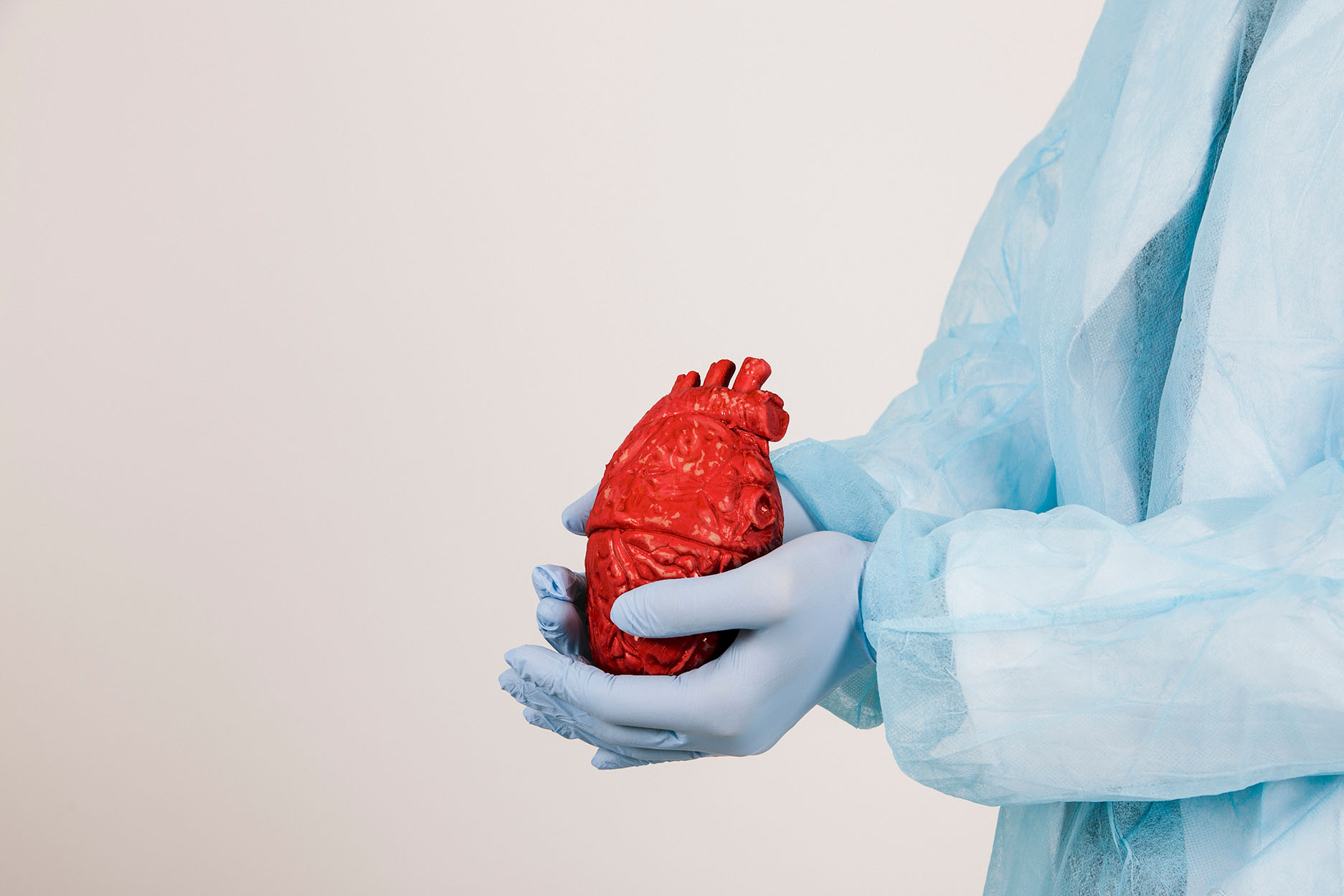What are the Symptoms of a Heart Attack
Heart attacks are one of the most common and serious health problems worldwide. With millions of people having a heart attack every year, prevention and treatment of this condition is vital. At this point, knowing the symptoms of a heart attack is a critical step for early intervention and treatment.
Main Causes of Heart Attack
It is usually caused by insufficient blood supply to the heart muscle. This is caused by narrowing or blockage of the blood vessels in the heart.
- Atherosclerosis: The accumulation of cholesterol and other substances on the walls of blood vessels, resulting in narrowing of the vessels and reduced blood flow.
- Blood Clots: Blood clots that form inside the vessels in the heart can block blood flow.
- Coronary Artery Disease: It is a disease caused by narrowing or blockage of the coronary arteries that supply the heart muscle.
Symptoms of a Heart Attack
Symptoms may vary from person to person. However, common symptoms are as follows:
- Feeling of tightness or pressure: There may be a feeling of intense tightness, pressure or pain in the chest area. This pain usually lasts for a few minutes and may not go away with rest.
- Radiating pain: Chest pain may radiate to the left arm, jaw, back or stomach. This radiation is one of the symptoms of a crisis.
- Shortness of breath: During a crisis, you may have difficulty breathing. This can occur with or without chest pain.
- Cold sweating: During a crisis, you may experience cold sweating. This can occur suddenly and uncontrollably.
- Nausea and vomiting: Some symptoms may include nausea and vomiting. These symptoms are associated with disturbances in the digestive system during the crisis.
- Dizziness: Dizziness may occur during a crisis. This can be caused by the heart not being able to pump enough blood.
Differences in Symptoms
Symptoms can vary depending on gender, age and individual health conditions.
- Women: Symptoms of a heart attack in women can often be different from those in men. Instead of chest pain, women may experience symptoms such as nausea, dizziness or extreme fatigue.
- Elderly people: In older people, the symptoms of a heart attack may be less pronounced.
- Diabetics: In people with diabetes, the symptoms of a heart attack may be less typical and the pain sensation may be milder.

Risk Factors
Some factors that increase the risk are as follows:
High cholesterol: High cholesterol levels can cause blockage of blood vessels.
High Blood Pressure: High blood pressure can cause damage to blood vessels and increase the risk of a heart attack.
Smoking: Smoking negatively affects vascular health.
Diabetes: Diabetes affects vascular health and can increase the risk.
Obesity: Excess weight increases the risk of heart disease.
What Should You Do in case of a Heart Attack?
If you think you are experiencing heart attack symptoms, you should take action immediately. What you need to do is as follows:
- Call for Emergency Help: Call for emergency help immediately when you experience the symptoms. This will ensure that you get professional medical help quickly. If you are home alone, leave the outside door open.
- Rest and Relax: Try to rest and relax yourself until help arrives. Movement can make symptoms worse.
- Ask about Aspirin Use: Ask your doctor about the use of aspirin during an attack. Aspirin can help dissolve blood clots.
- Inform Healthcare Teams: Tell the healthcare team about your symptoms, medical history and current health status. This helps to ensure the right treatment is given.
A heart attack is a serious life-threatening condition and early intervention is vital. Remember, early detection and treatment can help minimize the effects of a heart attack.

